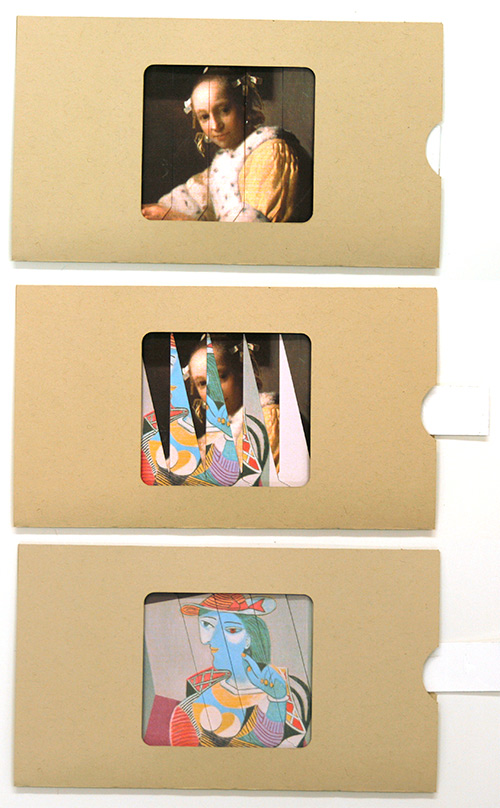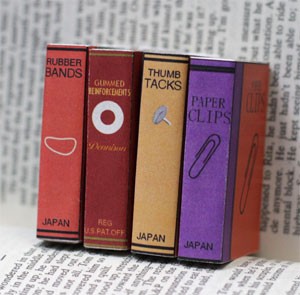
|
This is the second type of dissolving view mechanisms I made for a recent prompt challenge. I made a template and written instructions, should I want to make them again. This version requires more care and precision than |

|
This is the second type of dissolving view mechanisms I made for a recent prompt challenge. I made a template and written instructions, should I want to make them again. This version requires more care and precision than |

|
After working out how to make the dissolving view mechanisms for a recent prompt challenge, I spent some time making templates and writing instructions, should I want to make them again. This version is by far the easier of the two. Instructions for this version as well as a template are here. Later this week I’ll put up the template & instructions for the other version. |
 As I’ve contemplated what to do with this week’s word, I’ve also been reading, on one of the letterpress discussion boards I subscribe to, a lively discussion about whether anyone cares about the history of printing, letterpress and bookwork, or is the revival of letterpress printing only about stamping greeting card designs into thick paper.
As I’ve contemplated what to do with this week’s word, I’ve also been reading, on one of the letterpress discussion boards I subscribe to, a lively discussion about whether anyone cares about the history of printing, letterpress and bookwork, or is the revival of letterpress printing only about stamping greeting card designs into thick paper.
![]() Initially I thought “filiopietistic” seemed a rather negative word. But in the context of the discussion on the letterpress list, understanding where we’re come from can be awfully helpful and instructive. So for this week I decided to revisit a project I started last summer but couldn’t get any momentum going to finish.
Initially I thought “filiopietistic” seemed a rather negative word. But in the context of the discussion on the letterpress list, understanding where we’re come from can be awfully helpful and instructive. So for this week I decided to revisit a project I started last summer but couldn’t get any momentum going to finish.
![]() Soon after I got my large letterpress, I bought a full set of 12 point Bembo roman, thinking I would have lots of occasions to hand-set type. Well, I’ve had almost none, using photopolymer instead. And to a large extent I’ve used my press for my artwork, rather than bookwork.
Soon after I got my large letterpress, I bought a full set of 12 point Bembo roman, thinking I would have lots of occasions to hand-set type. Well, I’ve had almost none, using photopolymer instead. And to a large extent I’ve used my press for my artwork, rather than bookwork.
![]() After carefully moving the type (in its type case) from California to New Mexico, I promised myself I’d write a short story, use my Bembo to hand-set the type and make a small edition of chapbooks. I finally got around to starting the story last summer, but didn’t get very far with it. So in response to this week’s word, I finished up my story and laid out the book in InDesign. That’s only the beginning, actually starting to set the type is the next hurdle!
After carefully moving the type (in its type case) from California to New Mexico, I promised myself I’d write a short story, use my Bembo to hand-set the type and make a small edition of chapbooks. I finally got around to starting the story last summer, but didn’t get very far with it. So in response to this week’s word, I finished up my story and laid out the book in InDesign. That’s only the beginning, actually starting to set the type is the next hurdle!
![]() The next word: exoteric, adj; Suitable for or communicated to the general public; Popular; simple; commonplace.
The next word: exoteric, adj; Suitable for or communicated to the general public; Popular; simple; commonplace.

This is from xkcd. While he usually writes about technology and science, here’s another one about typography. |
 Heather Mann shares a how-to and printable patterns for making book covers for tiny match boxes here.
Heather Mann shares a how-to and printable patterns for making book covers for tiny match boxes here.
The Crouch Fine Arts Library at Baylor University in Texas is commemorating Valentine’s Day with an online exhibition of materials celebrating the heart from their special collections. Two that struck me immediately were Kumi Korf’s Hole in my Heart, pictured below. It’s a octagon structure containing 4 books, and “by folding and twisting the octagon, multiple symbolic structures can be created. The hidden books contain poems by four Japanese court women who used poetry to fill the holes in their hearts.”
![]() The other is called r & j: the txt msg edition — the author says “I asked my 16-year-old granddaughter to rewrite the balcony scene from Romeo and Juliet as if it had all happened between two teens text messaging on their cell phones.” An example:
The other is called r & j: the txt msg edition — the author says “I asked my 16-year-old granddaughter to rewrite the balcony scene from Romeo and Juliet as if it had all happened between two teens text messaging on their cell phones.” An example:
J: y do y have 2 b romeo? if u change ur name & promise u luv me ill change mine